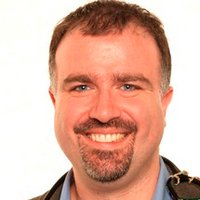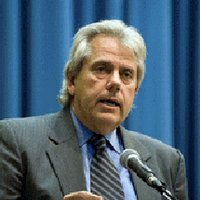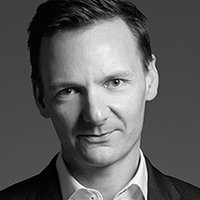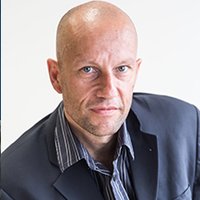Simulation in Healthcare
- Duration: 6 weeks
- Effort: 6 hours
- Pace: ~1 hour/week
- Languages: French
What you will learn
At the end of this course, you will be able to:
- Understand the impact of simulation for the improvement of the quality and security of health care,
- Understand the educational principles specific to simulation (learning from your mistakes, reversed classes, never on a patient for the first time),
- Promote the project of creating a training program or a training centre on simulation,
- Understand the different tools, their advantages and disadvantages as well as their use adapted to specific problems,
- Set-up a simulation session, especially writing your own scenario,
- Learn the different essential elements of the non technical competences relevant to the good practice of medicine,
- Learn the good practice of debriefing and start practicing on sample videos.
Description
The MOOC “Simulation in Healthcare” aims at providing non-specialists with the knowledge that facilitates the understanding of simulation applied to health care professions, its principles, its tools, its good practice, and for the most motivated ones, the essential data to approach a teaching session in simulation (train the trainer program) and become tomorrow’s teachers in healthcare simulation.
This MOOC is the result of an international collaboration between Université Sorbonne Paris Cité and its simulation laboratory (iLUMENS, Pr Antoine Tesniere and Pr Alexandre Mignon), Calgary University and its simulation center KidSims (Pr Vincent Grant), East Virginia University (Pr Donald Combs) and Jio Tong University of Shanghai and its simulation center (Pr Rujiun Pan).
Format
The MOOC is organised in 6 modules spread over 6 weeks; each module is divided into several video classes.
MCQs allow the learners to reassess their learning.
A forum is dedicated to the learners to exchange opinions, experiences and questions.
The MOOC will be evaluated by weekly tests, video analysis, answers to small and simple exercises, as well as a final test. A certificate attesting successful completion of the course will be delivered.
Prerequisites
There are no prerequisite to take this MOOC.
This course mainly targets all healthcare professionals as well as those who want to know more about the specificities of simulation applied to health care.
Assessment and certification
Completion of quiz – worth 30% of the grade
Completion of exercises at the end of each session on the forum – worth 30% of the grade
Completion of the final exercise during session 6 – worth 40% of the grade
A certificate of regular attendance will be downloadable from your scoreboard at the end of the MOOC (under condition of an overall grade above or equal to 16/20).
Course plan
- o Introduction
o Teachers' and users' reports about their motivation and their engagement in simulation applied to healthcare professions
o Let’s get to know each other
o Survey
- o Definition
o Rational
o History
o Teaching principles (learning versus teaching)
o Tools (overview)
o The 11 dimensions
o Does it work?
- o The thesis
o To Err is Human, ENEIS, leapfrog
o The example of Elaine Bromiley
o From blame culture to a security culture
o Root Cause Analysis
o Role of simulation in improving the quality and security of care
- o Task trainers
o High fidelity manikins
o Standardised patients
o Virtual reality
o Virtual environments
- o Pedagogical objective, aims
o Writing a scenario
o Preparing a session (briefing, simulation, feedback)
o Tips and tricks
o Your turn to define a problem setting and to write your own scenario
- o Definition of 14 non technical human skills and of the CRM
o Your turn to identify them based on examples (videos)
o Different debriefing methods
o How to evaluate a session’s efficiency?
o How to evaluate the quality of a debriefing?
- o Videos in French illustrating the 14 points of CRM
o Good and bad practices
o The use of videos to practice debriefing
Course team
VINCENT GRANT
Categories
DONALD COMBS
Categories
ANTOINE TESNIERE
Categories
ALEXANDRE MIGNON
Categories
Organizations
Follow us on social networks
License
License for the course content

Attribution-NonCommercial-NoDerivatives
You are free to:
- Share — copy and redistribute the material in any medium or format
Under the following terms:
- Attribution — You must give appropriate credit, provide a link to the license, and indicate if changes were made. You may do so in any reasonable manner, but not in any way that suggests the licensor endorses you or your use.
- NonCommercial — You may not use the material for commercial purposes.
- NoDerivatives — If you remix, transform, or build upon the material, you may not distribute the modified material.
License for the content created by course participants

All rights reserved
"All rights reserved" is a copyright formality indicating that the copyright holder reserves, or holds for its own use, all the rights provided by copyright law.





